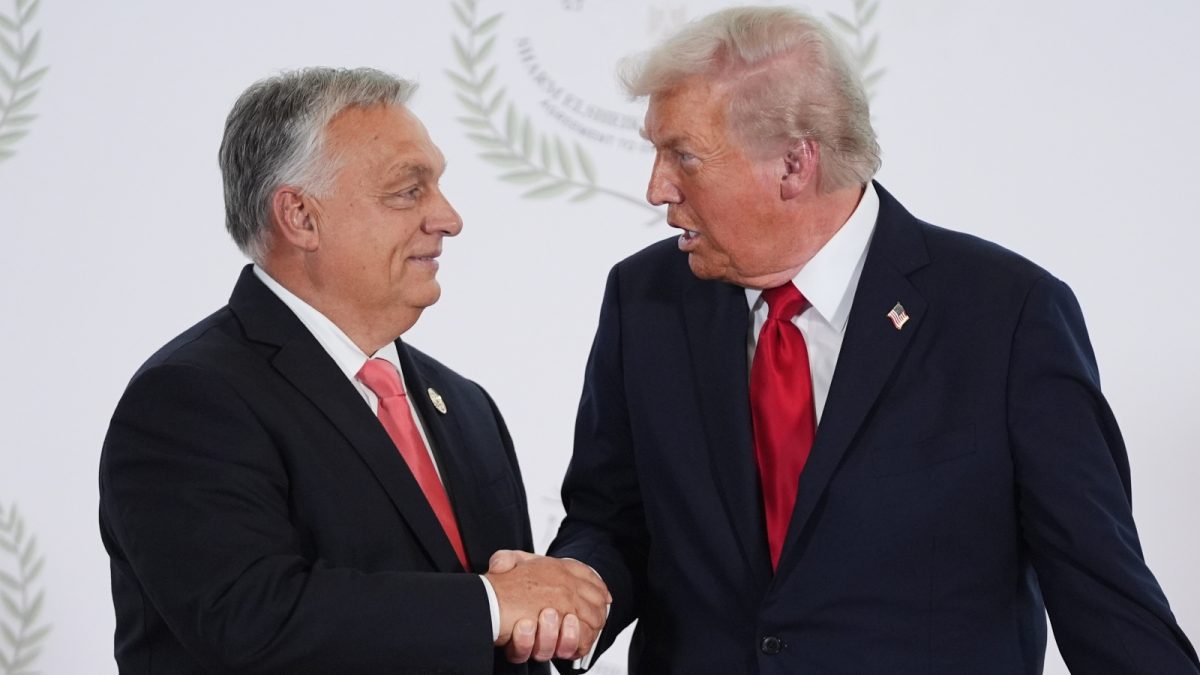ARTICLE AD BOX

Indian restaurants in New York City, which have recently outshone their London counterparts and become favourites among Wall Street executives, are now facing mounting pressure from higher import costs after US President Donald Trump’s tariff moves.On July 31, Trump doubled tariffs on most Indian exports to 50%, a measure that took effect on August 27. Though the legality of the decision is currently being reviewed by the Supreme Court, the impact has already hit restaurants, grocers, and food manufacturers relying on Indian ingredients. Prices of essentials such as spices, basmati rice, pulses, and tea have surged, squeezing already thin profit margins.Chef Salil Mehta, who runs Kebab aur Sharab and other eateries under the Fungi Hospitality Group, was quoted by ET as saying that the price of a 40-pound basmati rice bag jumped from $30 to $45, while chilli powder now costs $10.50, up from $7. “People don’t mind paying $35 for pasta, but Indian food still carries the perception that it should be cheap,” he said. Mehta has raised entree prices by about $5 but admits that margins remain lower than before.At Lungi, chef-owner Albin Vincent is dealing with similar challenges. He said his ingredient costs have risen by around 25%, forcing him to reassess prices for dosas and biryanis, which currently remain under $28.
“If we raise prices, we risk driving away customers who may already be sensitive to price increases,” Vincent said, as per ET.Passerine owner Maneesh Goyal said the cost of imported daal and ghee has climbed steeply, with a case of ghee rising from $150 to $220, a 46% increase. “As a new Indian restaurant, we don’t yet have the flexibility to increase prices,” he said.While JKS Restaurants’ CEO Pavan Pardasani said their new US outlets haven’t yet been affected, others, such as Chef Mohammad Tarique Khan of Hyderabadi Zaiqa, are struggling. “Rice costs have gone from $45 to $69 for a 25-lb bag,” Khan said, adding that he hasn’t raised menu prices since most of his customers are local residents and students.The problem isn’t limited to restaurants. As per ET, snack makers like Doosra’s founder Kartik Das have faced supply delays and inventory shortages. Das, who previously sourced ingredients such as boondi and amchur from India, said uncertainty over tariff rates has pushed him to find US suppliers.Similarly, Keya Wingfield, who runs Keya’s Snacks in Virginia, said tariffs on imported spices have been “astronomical.” A recent 200-pound air shipment incurred a $1,700 freight tariff, drastically inflating costs. “Money we could have used for advertising or deliveries has gone to tariffs,” she said.As Mehta summed up, “Margins are getting slimmer. The market will adjust eventually, but it’s going to be survival of the fittest.”

 1 hour ago
5
1 hour ago
5









 English (US) ·
English (US) ·